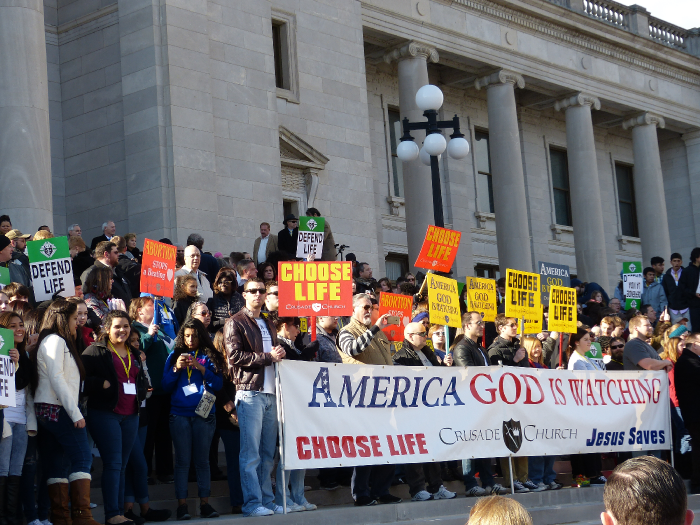The following is a guest post from Adrianne Redding. Adrianne is currently studying Political Science at John Brown University in Siloam Springs, Arkansas.
Adoption:
One of the pro-life movement’s best advancements in the cause is adoption. In the past, adoption has been a “hush-hush” ordeal, something no one mentioned. Mothers would pretend to be pregnant. Documents were sealed or simply not recorded. Adoption today is radically different.
Today, many people—not just infertile couples—choose to adopt. International adoption and interracial adoption are also becoming more common. I can count many families who have chosen to enlarge their family by welcoming what was considered an “accidental pregnancy” into their home.
However, while support and acceptance for adoption is growing, so is in vitro fertilization. Often, if infertile couples prefer to have children biologically related to them than adopting, they opt for artificially fertilizing up to twelve eggs. As this is becoming more common, more and more “extra” embryos are left unused and frozen in holding facilities.
The couples, now parents of a couple children, have several options for their remaining embryonic children: donate to science, leave cryopreserved for a few years and then discarded, or adopt out.
Thank God for those families that adopt from international orphanages, from foster care, and from scared, pregnant girls. These are all great areas to focus on. But as technology has developed and continues to develop, embryonic adoption could be a new focus for the pro-life movement. With new technology comes new drawbacks and difficulties, such as the health of the embryos and ability to survive.
Many infertility clinics are now offering couples a chance to donate their extra embryos to other couples. Other adoption agencies, like Bethany Christian Services in Little Rock, are making that option available.
Embryonic adoption is a relatively new branch of the ideology of adoption, but worth pursuing.
Nightlight Christian Adoptions offers an embryo adoption program. You can learn more about it by clicking here.




